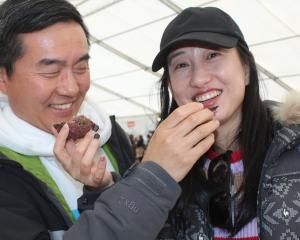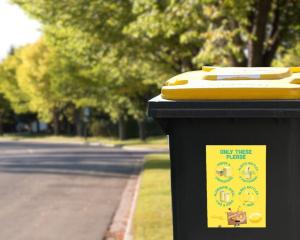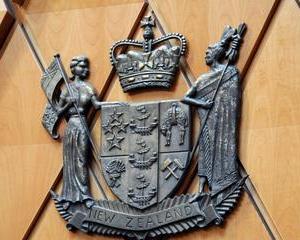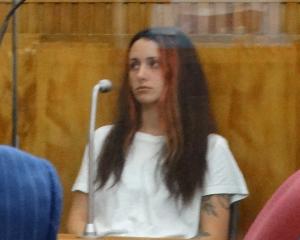Twenty farmers attended a field day organised by New Zealand Landcare Trust and Environment Southland to catch weevils using a ''leaf sucker'' with fine mesh cloth fixed to the tube.
The weevils, infested with parasitic wasps, were first released at Gore district councillor Cliff Bolger's property in 2010.
He said the decision to have the 2500 wasp-infested weevils released on his farm was an easy one.
''It's been a great initiative by Environment Southland to support this programme. It appears to have been successful,'' Mr Bolger said.
Environment Southland senior biosecurity officer Randall Milne said monitoring showed 70% to 80% of the clover root weevil population in the paddock was infected with the wasp, high enough for landowners to come along and help establish the wasp at more sites around the region.
The larvae of clover root weevil feed on the roots and nitrogen-fixing nodules of white clover, which reduces the clover's ability to capture atmospheric nitrogen.
If the clover was gone from pasture, farmers had to use nitrogen fertilisers to maintain productivity, Mr Milne said.
To control clover root weevils, a wasp lays an egg inside a female weevil, causing her to become infertile, then killing the weevil.
Weevils harvested from Mr Bolger's property were handed out at the Southern Field Days this week. One hundred small containers, each with around 10 infested weevils, were given to farmers on the first day.
Janet Gregory. of the New Zealand Landcare Trust. said two more weevil-harvesting days were scheduled this summer.












